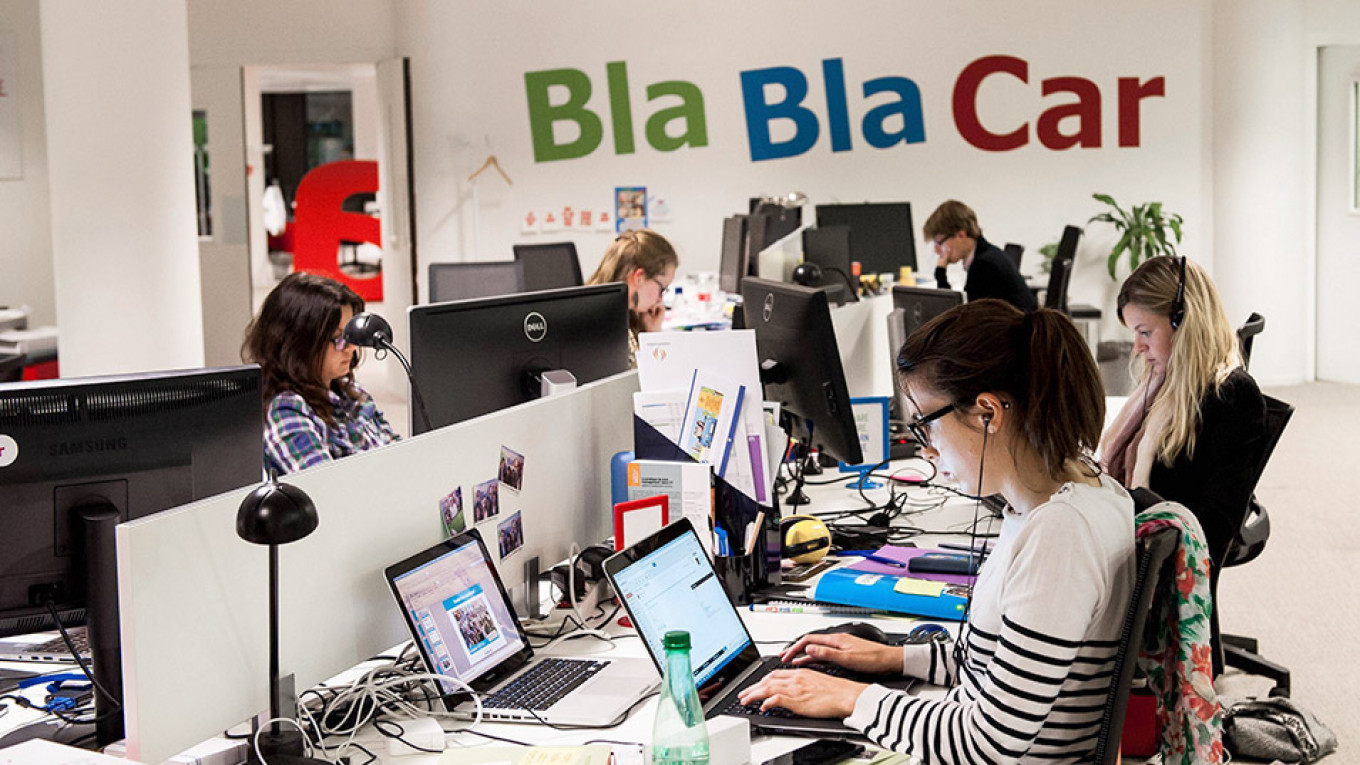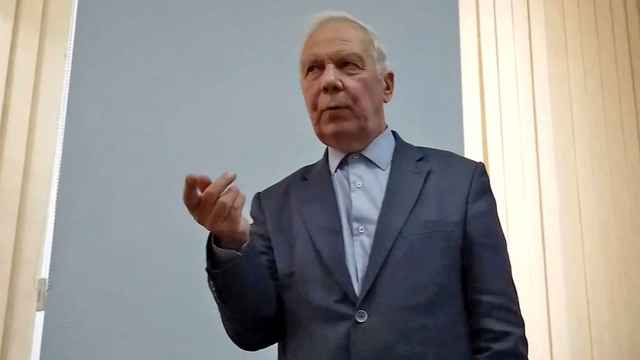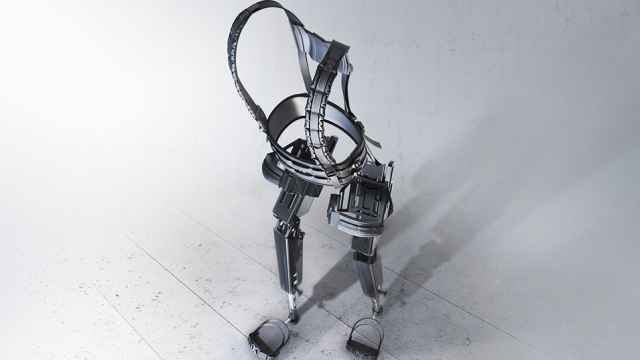A quiet month for deals, as BlaBlaCar’s expansion took the headlines and government investment funds look East, partnering with Japanese and Korean investors. Meanwhile, developments in the Michael Calvey case continue to hang over the Russian corporate world.
Deals of the month
BlaBlaCar, the French car-pooling giant, made the news last month with the planned acquisition of bus ticketing platform Busfor. Still subject to regulatory approval, the transaction could be completed by the end of this year.
BlaBlaCar entered the Russian market in 2014 where it quickly asserted its leadership. Last year the company absorbed BeepCar, a competing car-pooling service run by Mail.Ru Group. Russia now stands as BlaBlaCar’s largest market, ahead of France.
Previously known as Gillbus, Busfor was founded in Ukraine in 2010. Now headquartered in Poland, it operates in several countries across Europe, as well as further afield. Busfor has been backed by a variety of funds including Swedish Vostok New Ventures, whose capital injection in the company last year valued it just shy of $70 million.
There were few other notable deals in September in Russia. Geosplit, a Russian oilfield tech start-up, secured $5 million from domestic investors Rusnano Sistema Sicar and United Capital Partners (UCP). This series B investment round will allow the company to expand into some 20 foreign markets, including China where it has just established a research laboratory.
Meanwhile, Legionfarm raised $1.5 million from TMT Investments and Russian business angel Denis Smetnev. This Russian-founded start-up will develop its coaching and hiring service for online gamers. Founded in 2016, the platform is registered in three jurisdictions — Russia, United States (Delaware) and Singapore. It claims to serve more than 2,000 active players.
Funds from the East
The Russian venture market, still embryonic by international standards, enjoys strong support from the state. In early September RVC, the Russian state-owned fund of funds dedicated to innovation, announced a joint plan with Japanese corporation Mizuho to launch a medtech investment fund. This fund could be launched as early as next year, investing in centralized digital process management systems for hospitals, or so-called digital hospitals.
Meanwhile, the Russian Direct Investment Fund (RDIF) and Moscow government agreed with Japanese corporations Marubeni and AEON Infrastructure to a number of joint investment projects. These include a $760 million Russian-Japanese technology center near Moscow that could employ up to 5,000 people.
A new Russian-Korean investment fund was also announced last month — a joint initiative from Veb Ventures (formerly VEB Innovations), a Russian venture fund backed by state development agency Vnesheconombank, and Korea’s Daedeok Ventures Partners. Open to public and private players, the fund will target tech companies from the two countries focusing on sectors including smart cities, medicine and industrial technologies.
Trouble at home
Meanwhile, new developments in the Calvey affair threaten to even further deteriorate Russia’s image among international investors.
In mid-September it appeared that the charges against Michael Calvey and other Baring Vostok executives arrested in February 2019 could fall apart as investigators re-appraised the value of shares which were crucial to the allegations of fraud. The reassessment found that the value of the shares handed over by Baring Vostok to Vostochny Bank as part of a loan repayment, was many times higher than the amount alleged by prosecutors in the case.
However, in early October, a Moscow court took no notice and decided to keep Calvey and his French colleague Philippe Delpal under house arrest until at least January.
Venture Markets
The negative investment climate is one of the reasons why venture activity has been so slow to take off in Russia. In the first half of 2019, venture capital funds invested $494 million in the country, according to research agency Dsight.ru. Using different methodology, PwC and RVC estimated combined investment at $248 million.
The difference in the two estimates, however, pales into comparison to the size of the U.S. market — estimated at $55 billion over the same period. In other words, that means it took Russian start-ups six months to raise what U.S. start-ups raise every day.
Unsurprisingly, the Russian tech sector lags far behind the oil and gas industry in scale and importance. Last year, the top oil and gas majors generated around 50 times as much in revenue as large tech companies. While Gazprom made $131 billion, the revenue of National Computer Corporation, Lanit and Yandex were between $2 billion and $3 billion each.
This article is an adapted version of a column which first appeared in CrunchBase.
A Message from The Moscow Times:
Dear readers,
We are facing unprecedented challenges. Russia's Prosecutor General's Office has designated The Moscow Times as an "undesirable" organization, criminalizing our work and putting our staff at risk of prosecution. This follows our earlier unjust labeling as a "foreign agent."
These actions are direct attempts to silence independent journalism in Russia. The authorities claim our work "discredits the decisions of the Russian leadership." We see things differently: we strive to provide accurate, unbiased reporting on Russia.
We, the journalists of The Moscow Times, refuse to be silenced. But to continue our work, we need your help.
Your support, no matter how small, makes a world of difference. If you can, please support us monthly starting from just $2. It's quick to set up, and every contribution makes a significant impact.
By supporting The Moscow Times, you're defending open, independent journalism in the face of repression. Thank you for standing with us.
Remind me later.







